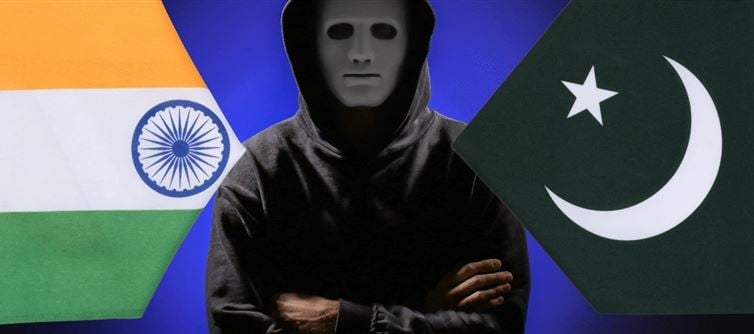
A group of hackers claiming to be the indian Cyber Force said they had taken over more than 1,000 CCTV cameras in Pakistan. The group also disclosed that more than 1.5 lakh student records have been compromised at Pakistan's Islamia university of Bahawalpur. In South Asia's cyberspace, tit-for-tat hacktivism is becoming more and more common, as seen by these attacks and the public spectacle that surrounds them.
Indian Cyber Force goes public with breach claims
The indian group posted on X and Telegram stating: "Pakistan's Surveillance has been Hacked. Over 1,000+ cameras now under our watch "
The hacked network, according to them, includes:
Government buildings
Industrial areas
Schools
Private companies
Banks and ATMs
The hackers uploaded a video montage of surveillance camera footage with the article, providing a peek into what they said were real-time Pakistani feeds.
Following that, they dropped a second post announcing the data leak from Pakistan's Islamia university of Bahawalpur. The 38.2 MB archived data file reportedly contains:
Names
CNICs
Phone numbers
Emails
Passwords
Residential addresses
Payment and fee records
Upon examining the file through security safeguards, we discovered that, despite several files being dated between 2021 and 2024, the information seemed genuine. This raises doubts about how recent the intrusion was. Older data may be recycled by the attackers, or fresh information may be mingled with old ones.
Cyber retaliation is heating up
This electronic back-and-forth is a component of a broader, expanding cyber trend. A number of hacktivist organizations from Islamic nations have stated their support for the #OPIndia campaign, which targets indian platforms, servers, and data repositories.
With their own hacks and releases, indian organizations such as indian Cyber Force and indian Cyber Defense have retaliated, promoting a different narrative and demonstrating their influence on Pakistani online communities.




 click and follow Indiaherald WhatsApp channel
click and follow Indiaherald WhatsApp channel